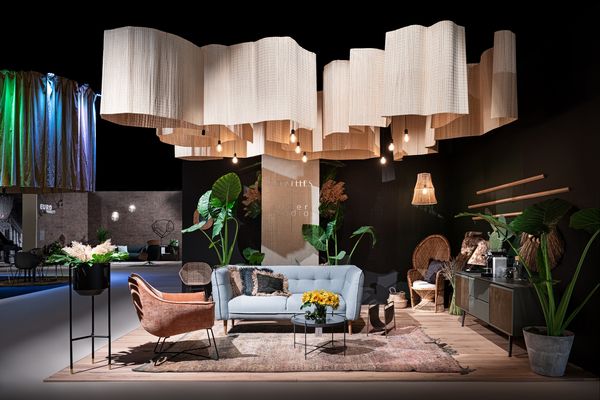LPP, based in Gdańsk, is the largest clothing manufacturer in Central and Eastern Europe, with brands including Reserved—a label quickly gaining ground in the region. The Polish company’s philosophy is based on the notion of thinking local, but acting globally, tailoring its goods to the preferences of customers around the world and increasingly incorporating sustainability into its designs. We talked to LPP’s Executive Vice-President Przemyslaw Lutkiewicz about the company’s strategy and how awareness can be instilled into fast fashion.
This article was published in print in Hype&Hyper 2022/2.
What significant milestones has the Reserved brand reached since its foundation?
One of the first significant milestones in the history of LPP itself was definitely when we added new brands to our portfolio. We started with Reserved, and then added Cropp, House, Mohito and Sinsay. The second milestone was our expansion into Western territories, which had a major impact on the company’s life. As a Polish brand, for years our focus had been on the Eastern European, emerging markets. To build and strengthen a wider brand awareness, we had to move towards Western Europe, so we entered the German and British markets. These were very important milestones in the life of LPP, as to be able to successfully break into the Western market we needed to acquire a certain scale, expertise and financial strength, all of which is based on one thing, our third milestone: turning ourselves into a technology-forward company. In terms of technologies, the world is changing at an incredibly fast pace, and this pace is only getting faster year by year. Recently, there have been many turbulent events around us, for example, the Covid pandemic, or the current war in Ukraine.
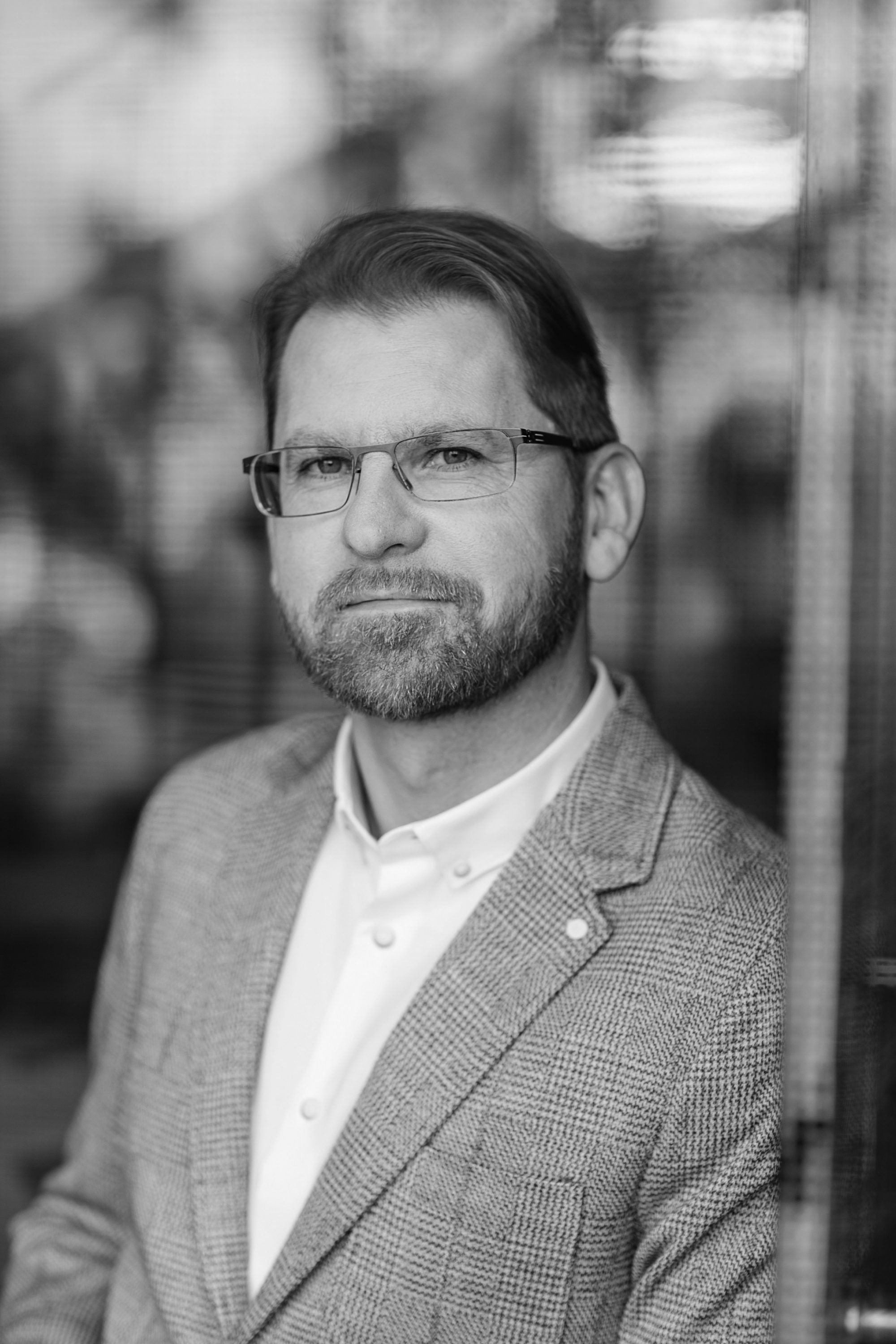
In today’s world, technology is the driving force in many sectors, including the fashion industry. So investing in things like artificial intelligence, business intelligence or data mining is vital for businesses to thrive. It can not only help us to offer our clients omnichannel sales experience which is vital nowadays but can also help us to allocate properly our assortment conforming to the expectations of our clients. It can even help us to match the volume of orders to the demand forecast made by technology. This way we can eliminate the problem of overproduction so crucial for our planet. I’d say there are many other important factors too, but the most important is to stick to what you know best—to focus on the needs of consumers in your core market through changing fashion needs.
As you’ve already mentioned, the brand is present in many regions from Europe to the Middle East, but which countries would you consider as your main markets?
A strong foundation is vital. We’ve had a strong presence in our home country for many years, and this presence in Poland has been essential for us to be able to create further opportunities and to look towards other markets. Outside of Poland, we’ve always been looking for markets with the greatest potential, including neighboring countries, namely Russia, Ukraine, Czechia, and of course Hungary. Although lately we’ve sold our business in Russia and changed our development plans due to the conflict in Ukraine. The most important change in our strategy nowadays is rather looking towards Southern and Western Europe, instead of Eastern markets, to be specific, Romania, Bulgaria, Germany, Italy, and the former Yugoslav countries are all on our radar. These are all very important markets for us.

As a fast fashion brand, Reserved still conveys a slow fashion mindset. How can this be felt in practice? How does Reserved differ from other fast fashion brands?
Keeping up with the latest trends is a must in today’s world. This means paying close attention to how the world is changing, what consumers are looking for, and what their needs are in terms of sustainable fashion. In this respect, we’ve implemented a specific strategy which we called “For People For Our Planet”. In it we focus our attention on 4 pillars – product and the production process, chemical safety, elimination of plastic and sustainable infrastructure. In the result in 2017 for the first time we created a sustainable fashion which we called Eco Aware. Consequently from one year to another we increase the share of environmental friendly collections in our assortment. We have made also big changes in our packaging policy by eliminating disposable plastic. We’ve also converted to using green energy in our warehouses. Summing up – the scope of sustainable changes refers almost to each single part of our business activity. For the Planet’s safety the development of fashion has to be sustainable on a global scale. I think that we have made huge changes in this scope during last few years although there are still many challenges ahead. I’m not certain whether it differs us from others, but sustainable fashion is important for us and I do believe that our clients are aware of this. We are a big company now, but every tree was a seed first. We do believe that each year we will broaden the scope of the eco changes. We dare to be imperfect, while being passionate about our work. We have great talents, proactive approaches and we experience beautiful team-work when challenges arise. This is something that can be called special.
How can you compete with brands that launch new collections on a weekly basis?
That’s a tricky question. If you’re looking at the issue from the eyes of the fashion industry, then yes, frequently changing collections is key, but on the other hand, there hasn’t been a demand from consumers for new pieces every week, or at least very few people think this way. Also, if you look at our business model, we don’t have big collections anymore. We bring new shipments to our stores twice a week, and with every new arrival, new models are added to the existing collections. We work with over 300 designers with our 5 brands, creating capsule collections, part of our garment is produced by European manufacturers, also in Poland. Secondly, we treat each store as an individual entity, which means we don’t sell the same collections at all of our stores. We look at consumption patterns and use technology to create our store offerings based on data: we know what garments and merchandise consumers want to see in a particular store, and we deliver according to those needs. So when consumers visit us, they can actually find very different collections in each store. It’s the variety of goods in our e-commerce stores that also attracts customers.
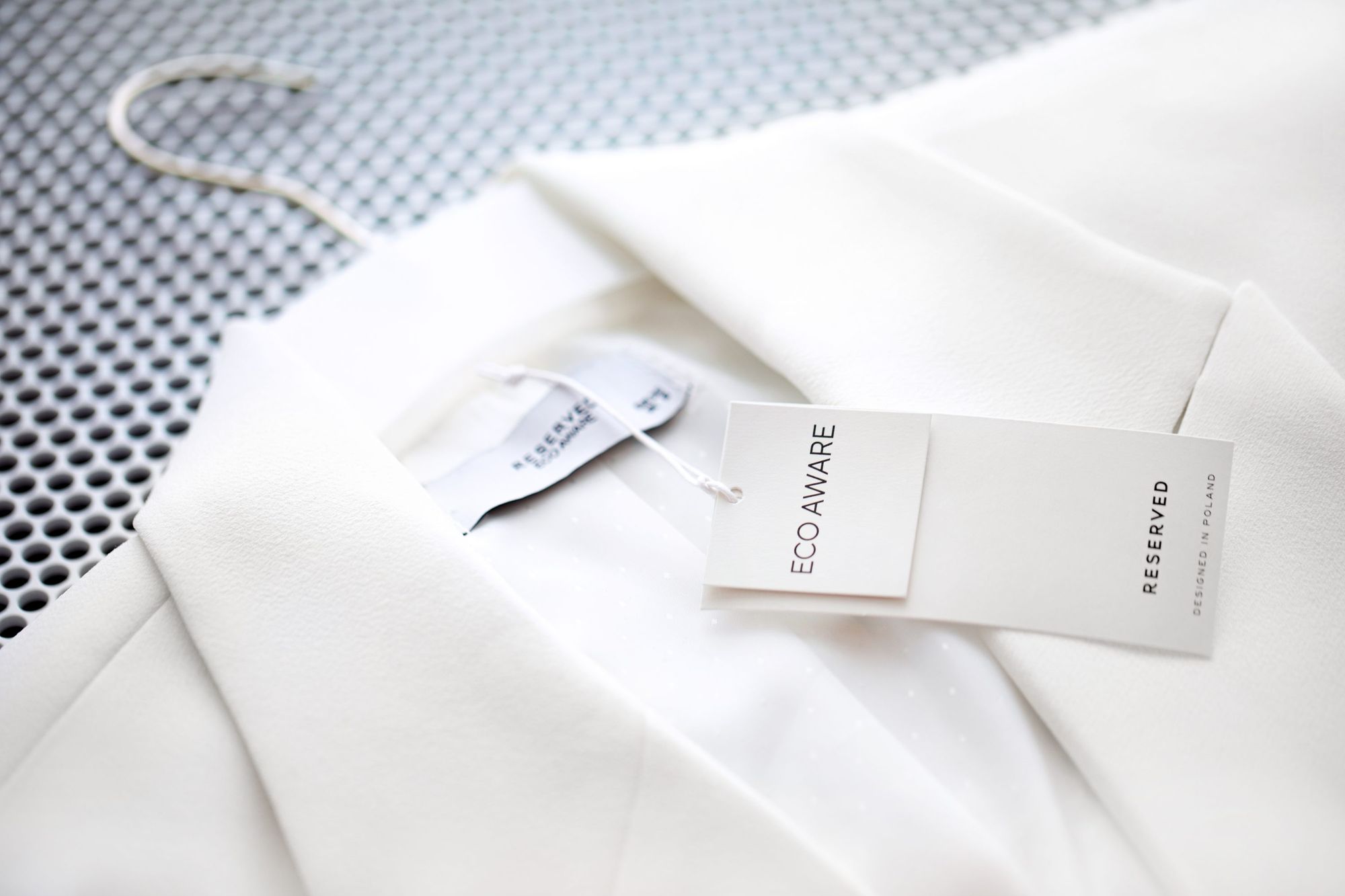
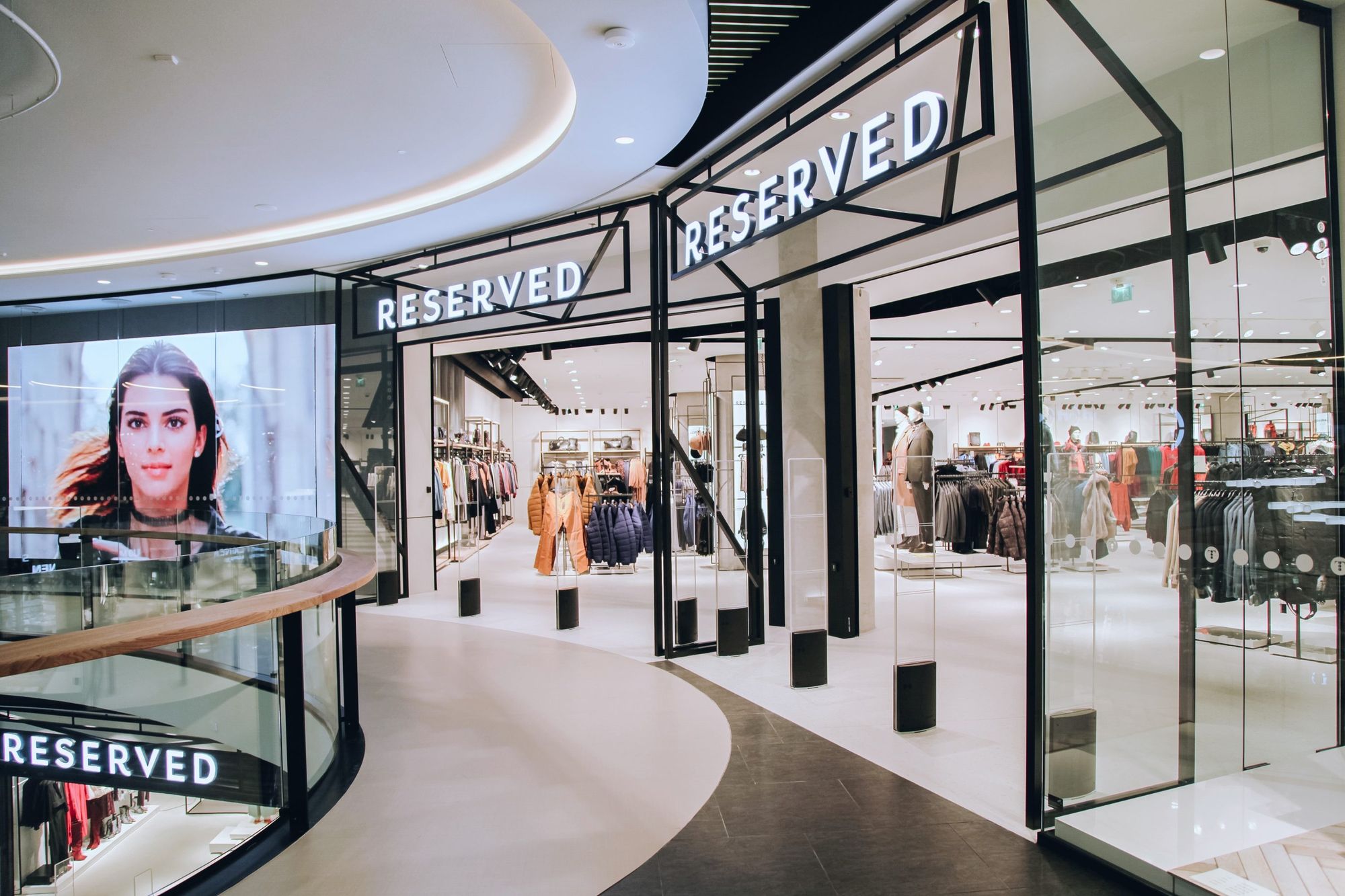
We’ve already touched upon the topics of sustainability and environmental awareness being the key elements of slow-fashion. In fact, Reserved has also adopted this approach in various projects, for example through its Eco Aware collection and the reduction of plastic usage—with both concepts born out of awareness. Can you tell us a bit more?
The cornerstone of our sustainable strategy is environmental friendly product and production process: our aim is to increase consequently the share of Eco Aware collections in our assortment. Eco Aware label means fashion made from more environmentally friendly materials or created in a sustainable process. The pace of change in this term is set by the Reserved brand where environmental friendly fashion accounts for 38% of the total offer. We simultaneously expand Eco Aware Production scheme. Currently, 30% of South Asian factories sewing for us have already been covered by this scheme and have undergone a detailed environmental audit. Among other things, the compliance of the factories’ production activities with LPP’s requirements for water and energy resource restrictions in garment production has been verified. We have made also big changes in our packaging policy by excluding disposable plastic. We have already eliminated plastic from Reserved online order shipments. The same refers to our second brand Mohito. Meanwhile in House, Cropp and Sinsay we use exclusively recycled film. Thanks to these decisions during last 5 years we have managed to reduce the use of disposable plastic by over 1000 tons. In 2021 additionally we even eliminated completely a foil from price tags. This leads us to one of our goals for the year 2025 to exclude the disposable plastic from our activity. As a large Eastern European company, we strive to play our part in communicating the latest trends in sustainability. We’ve minimized energy consumption in our stores and warehouses thanks to the latest technologies, and we use devices that indicate the overuse of water and electricity. We’ve also joined various international organizations opposing industrial pollution just to be responsible and effectively reply for current environmental challenges.
During Covid, consumer habits changed, with people becoming more interested in local, smaller brands. How do you think this change will affect the future of fast fashion and Reserved?
You’re right in the sense that new trends emerged when the pandemic started, but it’s easy to forget that we had to close almost all our stores in the spring of 2020. This meant a big loss for the company, and we also had to be careful about the development and sustainability of the business. People were at home, they weren’t able to go out shopping, and if they shopped, they did so online, from home. It was also a time of change for the fashion industry as a whole, with no more meetings at work, so formal clothes were replaced by comfortable clothes to wear at home. It was up to the companies to react quickly to this new situation, and in my opinion, as a large company, we handled it quite well. However, after the pandemic, when people started to go back to the office, their wardrobes also changed, and the need for smart workwear was once again strong. At the time, Reserved represented a more relaxed but modest style, while Mohito is a more feminine, elegant line. You have to adapt to different trends.
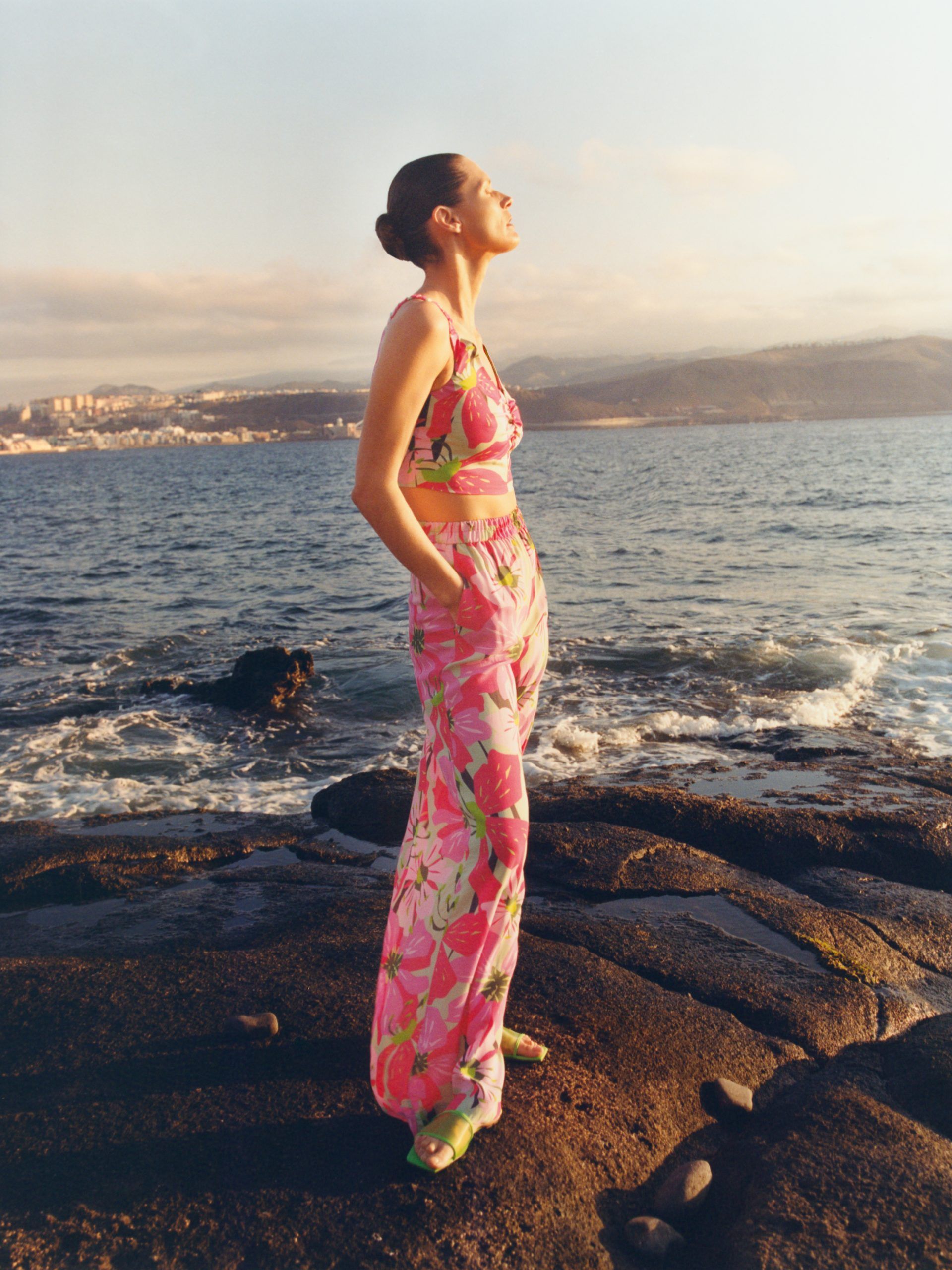
Reserved Collections:
Diversity, sustainability, and inclusiveness are among the leading principles that define the Reserved DNA. It’s always been a priority for the brand to appeal to a broader audience, so in addition to the classic women’s, men’s and children’s clothing, Reserved has launched a number of niche, limited-edition capsule collections covering cross-generational themes, whether that be gender equality, motherhood or the Gen Z lifestyle. Besides unconventional styles, there’s also an emphasis on the usage of materials, with timeless premium pieces, representing high quality, and the howl Eco Aware line, where items are not only made from eco-friendly materials, but are made in energy-efficient factories. There’s no shortage of seasonal collections either, this year Reserved is kicking of the summer with classic, timeless tailored pieces: geometric shapes, modern cuts, intense shades, and distinctive floral patterns made even more energetic by using a graphic program to invert different floral photos and colors. One of the latest capsule collections from Reserved, Limoni Dolci, takes you to sunny Sicily, conveying the unmistakable Italian atmosphere, and combining the latest trends with a vacation atmosphere. This collection is all about creating a limited edition line of garments that can be easily combined with each other, in a specific theme that conveys the essence of “dolce vita”, the sweet life.
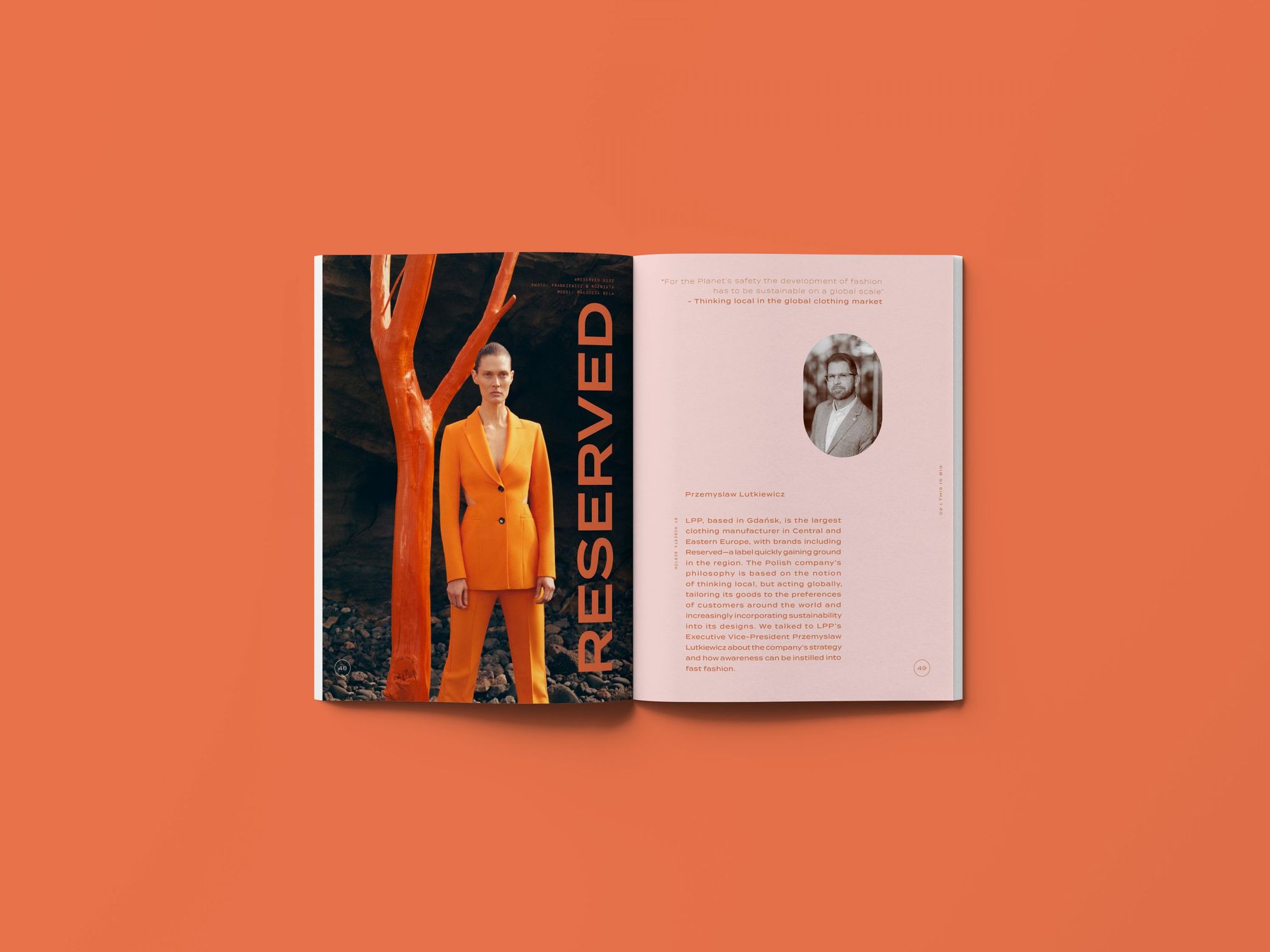
Prefer to read it in print? Order the fourth issue of Hype&Hyper magazine from our online Store!
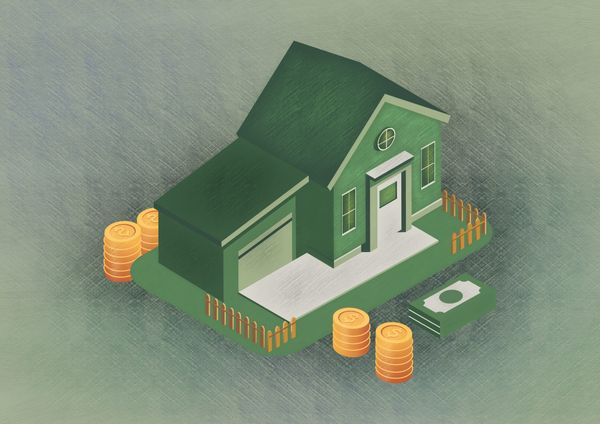
Will house prices finally fall after ten years?
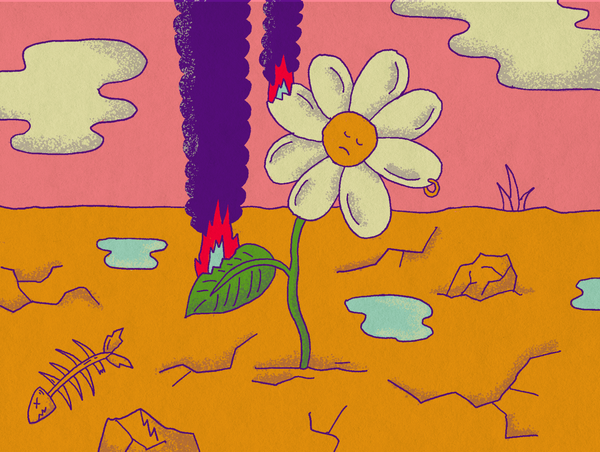
What will be the consequences of the historic drought?
